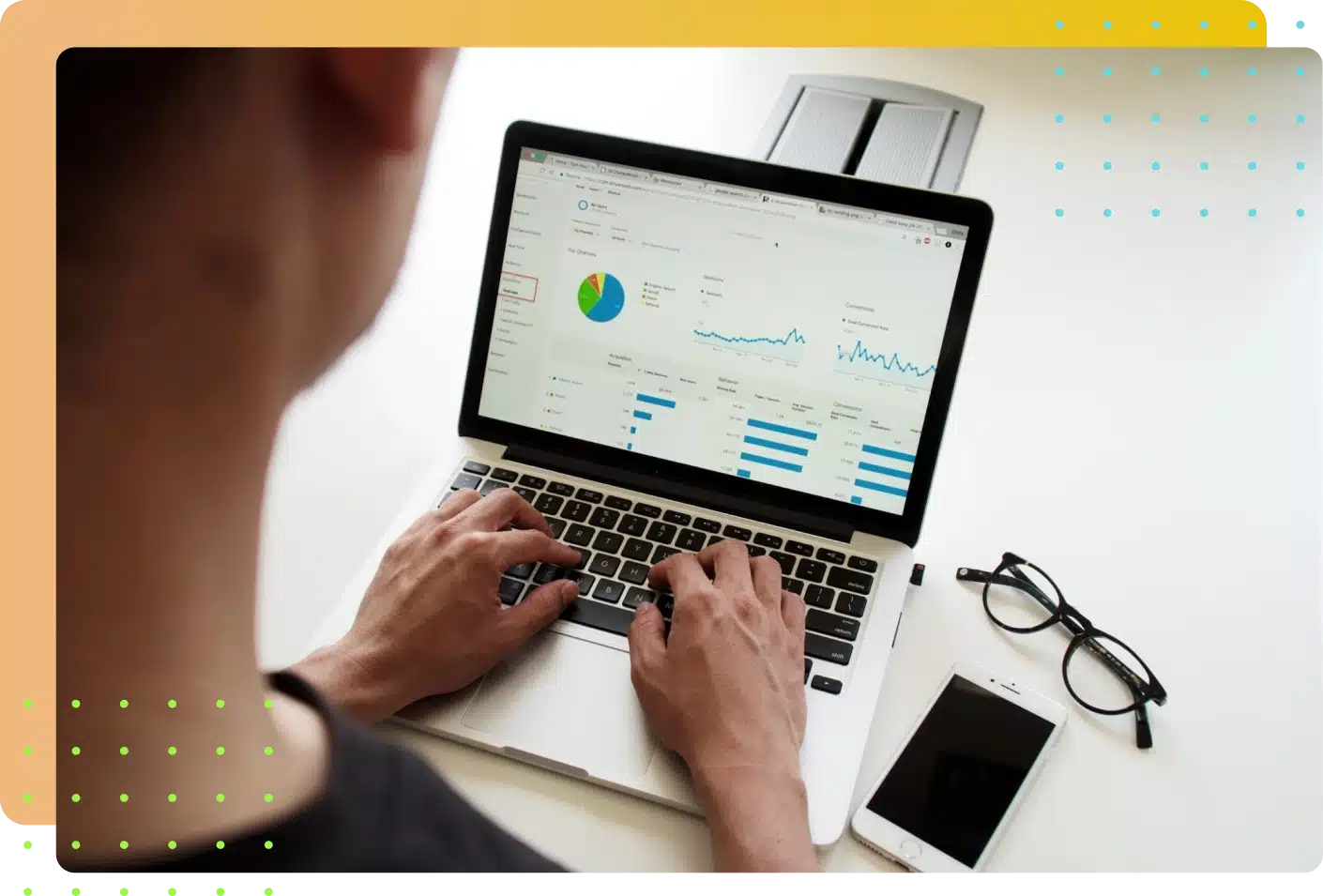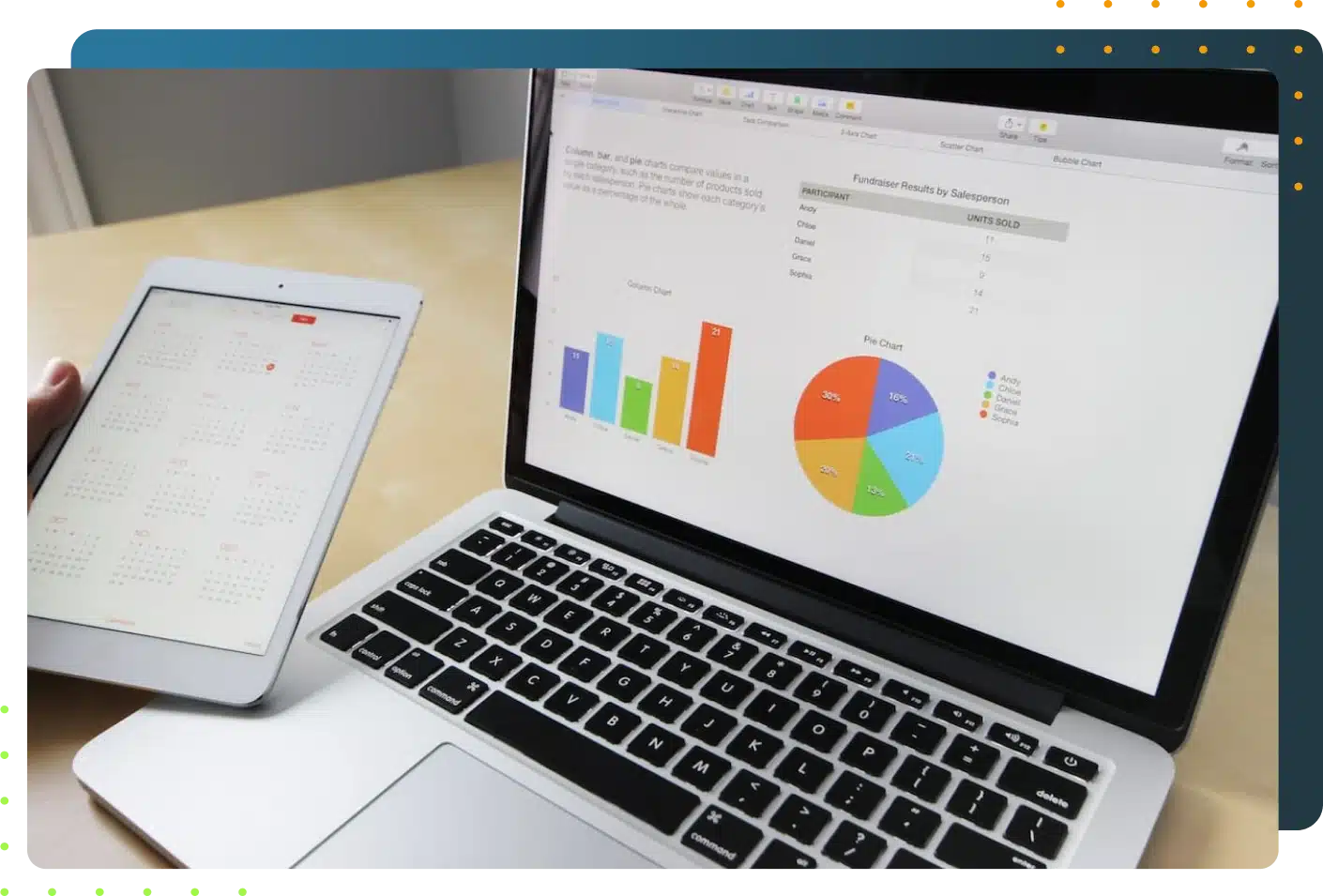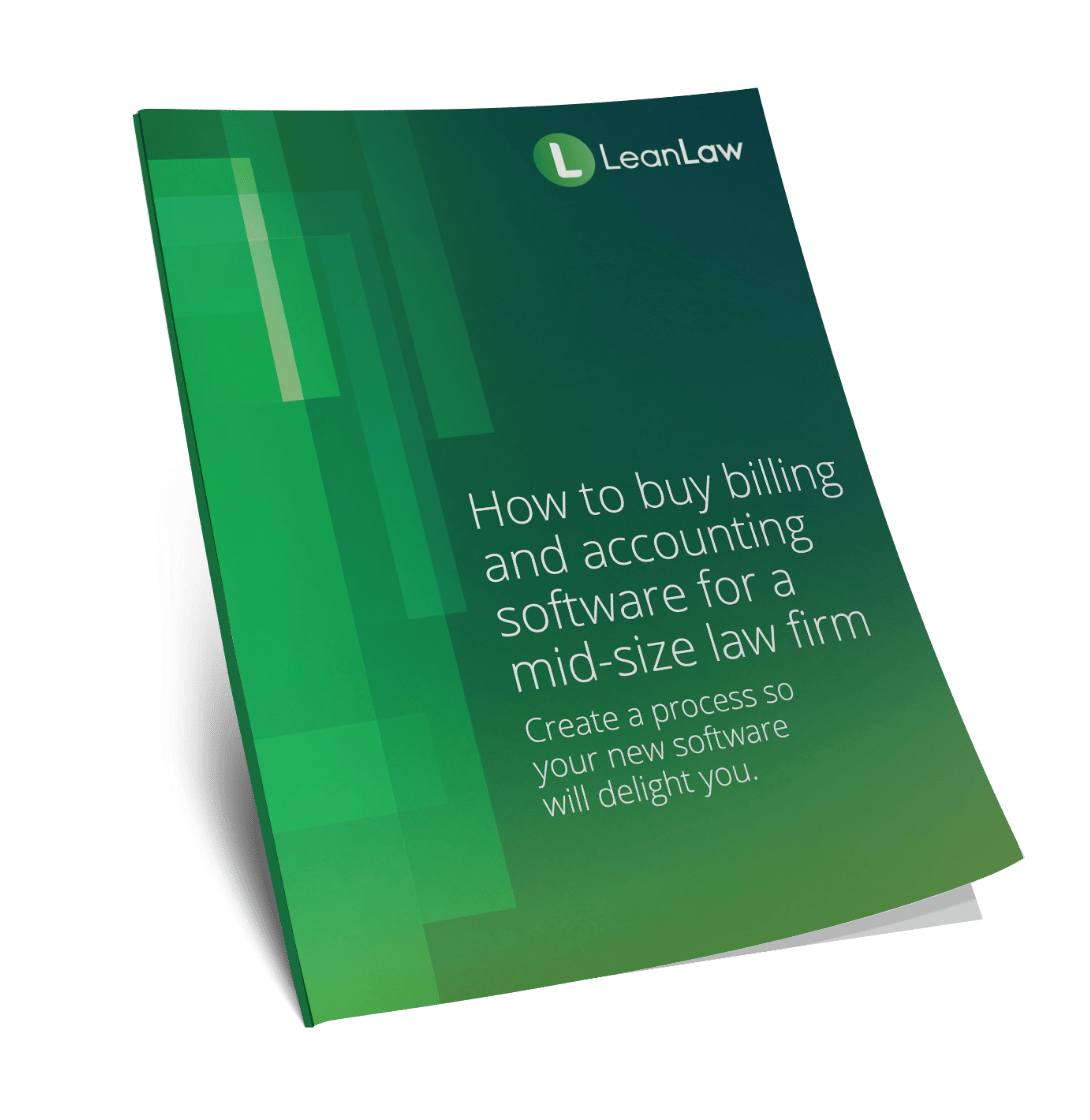
If you are the person who has been charged with figuring out what types of software your law firm needs to operate effectively, you may sometimes feel like your head is spinning.
From finding the right document management system to figuring out what platform is going to work best for expense tracking, law firm practice management software can be complex and even overwhelming at times.

Key Takeaways
- Though there are more software options on the market today than ever before, law firms need to be savvy when deciding what to add to their firm’s tech stack and make sure that what they decide to invest in truly meets their needs.
- Trust accounting software is vital to a firm’s reputation and overall success, and finding the right system for your firm will be a big part of your overall tech stack.
- Good trust accounting software will include 10 essential factors that are needed to increase efficiency, ensure accuracy and comply with all rules and regulations that govern it.
We live in a time when we have tons of software options to make our personal and professional lives better.
And though this can be a huge help when it comes to time management, data accuracy and collaboration with others, it can also end up taking a toll on our productivity and efficiency if we’re not careful.
The abundance of software options in the legal industry has exploded in recent years and this has led many law firms to feel as if they have created a new problem to contend with.

One of the biggest areas of change for many mid-sized and small law firms is in the area of trust accounting software.
The abundance of software options in the legal industry has exploded in recent years and this has led many law firms to feel as if they have created a new problem to contend with.
However, with the advent of modern technology, specifically tailored trust accounting software solutions have emerged to address the unique needs and challenges of law firms and the complexities that trust accounting presents to legal professionals everywhere.

Trust accounting software platforms offer advanced features and automation capabilities that streamline the trust accounting processes, reduce the risk of errors, and ensure compliance with trust accounting rules and regulations.
Not only that, but the top software for trust accounting has been designed as part of a total legal accounting software system (like LeanLaw) and will work seamlessly (and often automatically) with all of a firm’s accounting needs.
From repetitive tasks like recording interest earned on trust accounts to accurately reporting trust account financial data, a good legal trust accounting software system will help a firm streamline financial processes in a way that saves time and money while also increasing accuracy and client trust and satisfaction.

By learning about and implementing a legal accounting software system that prioritizes trust accounting, law firms can not only enhance their efficiency and accuracy in managing client funds but also gain peace of mind knowing that their trust accounting is being handled securely and in full compliance with legal requirements.
Knowledge is power. Let’s make sure you have what you need to choose the right trust accounting software for your firm.
What is Trust Accounting Software?
Trust accounting software refers to the specialized type of legal accounting software that’s designed to manage and track the financial transactions and records associated with client trust accounts in law firms.
Trust accounting is a critical aspect of almost every legal practice, as it involves handling and tracking the client funds that have been entrusted to a lawyer or law firm for specific purposes.
The most common types of client funds that are held in a trust account are such settlement funds, retainers, or court-awarded damages. Often, these funds are only held for a short amount of time but in some cases they may be held for longer.
The right trust accounting software should provide a law firm with the comprehensive set of tools and features needed to manage their trust account funds appropriately and accurately.

It should also make sure that the strict requirements of trust accounting are being met.
In addition to all of this, good trust accounting software offers firms a chance to create multiple accounts (when needed), track trust account deposits and disbursements, generate detailed reports, and reconcile bank statements.
The software should also be able to automate many time-consuming tasks, such as calculating interest on trust funds, maintaining transaction records, and generating client-ledger reports.
By utilizing the right trust accounting software for your firm, you will be able to significantly streamline all aspects of your accounting processes, enhance accuracy, and reduce the risk of errors and potential legal or ethical violations.
You will also be able to ensure that your client’s funds are always segregated from any of your firm’s operating accounts and are used only for authorized purposes, which will then promote the transparency and integrity that your firm is striving for.
The 10 Essential Factors of Trust Accounting Software:
Though finding the right trust accounting software can feel like a complex part of law firm management, here are the 10 essential factors that you’ll want to consider when choosing what type of trust accounting system is going to be right for your firm.
1. Robust Features: When evaluating trust accounting software, look for a comprehensive set of features tailored to the trust accounting needs of your law firm. These may include the ability to create and manage individual client trust accounts, track deposits and disbursements, generate financial reports, reconcile bank statements, and handle interest calculations.
2. Compliance with Regulations: Ensure that the trust accounting software you choose is designed to meet the specific rules and regulations governing trust accounting in your state or jurisdiction. Look for features that make compliance easy, such as the ability to generate accurate reports, maintain strong audit trails, and stay up to date with any changes in the trust accounting guidelines.
3. Integration with Existing Systems: Make sure that the trust accounting software you are considering can seamlessly integrate with your firm’s existing practice management or accounting systems. Many modern and successful firms now use Quickbooks Online as an integral part of their overall accounting system. Choosing a trust accounting software system that easily integrates with this platform will make your entire accounting department run smoother and will eliminate the need for manual data entry of any of the firm financials.
4. User-Friendly Interface: Look for software with an intuitive and user-friendly interface. A well-designed interface makes it easier for staff members to navigate and perform tasks, reducing frustration and the learning curve while also increasing job satisfaction and efficiency.
5. Customization and Flexibility: Choose trust accounting software that can be tailored to your firm’s specific needs. Look for customizable settings and options that allow you to adapt the software to your firm’s unique trust accounting processes and workflows.

6. Security and Data Protection: Security and data protection is an important part of any successful law firm, and having a trust accounting and legal billing software system that prioritizes that will be essential for your legal practice. Ensure that the trust accounting software you invest in has robust security measures in place to protect sensitive client and financial data. Look for features such as data encryption, user access controls, and regular software updates to address security vulnerabilities.
7. Reliable Customer Support: Consider the level of customer support offered by the software provider. Look for a company that offers good onboarding and integration, responsive customer support and additional and ongoing resources such as training materials, documentation, and an easy to navigate website to assist with any questions or issues that might arise.

8. Scalability and Growth Potential: Evaluate whether the trust accounting software can scale with your firm as you grow. Consider factors such as the software’s ability to handle an increasing number of client trust accounts, an increasing number of legal professionals, and its compatibility with future tech stack add-ons and/or advancements.
9. Pricing and Value: Compare the pricing structure of different trust accounting software options and assess the value that each company provides. Consider factors such as the software’s functionality, support services, and long-term cost-effectiveness to determine the best fit for your firm’s budget and trust account requirements.
10. User Reviews and Recommendations: Take into account feedback from other law firms or legal professionals who have used the trust accounting software. Consider their experiences, recommendations, and any potential concerns or limitations they may have encountered.

Step-By-Step Process for Attorneys & Law Firmsto Buy Law Firm Software
Understand who needs what and prioritize features as you investigate new software. Download Buyers Guide eBookSchedule a demo
LeanLaw: Legal Billing Software Designed for Trust Accounting
When it’s time to evaluate your firm’s trust accounting software, take the needed time to carefully consider the software options that are available to you and determine which one is going to best meet your firm’s trust accounting needs.
LeanLaw is a comprehensive legal practice management software designed by legal professionals for legal professionals.
It offers a range of features and tools to streamline various aspects of law firm operations, including time tracking, invoicing, billing, trust accounting, and reporting.
One of the key highlights of LeanLaw is its focus on trust accounting.
It was designed specifically to make managing and tracking client trust funds easy for law firms, transparent for clients and compliant with trust accounting regulations.
With LeanLaw, firms can easily create and manage individual client trust accounts, record deposits and disbursements, reconcile bank statements, and generate accurate trust accounting reports. LeanLaw also works perfectly with Quickbooks Online, making the rest of your accounting needs a breeze.
Are you ready to learn more about what LeanLaw can do for your firm? Reach out to our experts today for more information, or go ahead and request a demo now.
LeanLaw is the perfect answer to all your firm’s trust accounting needs…and so much more.




